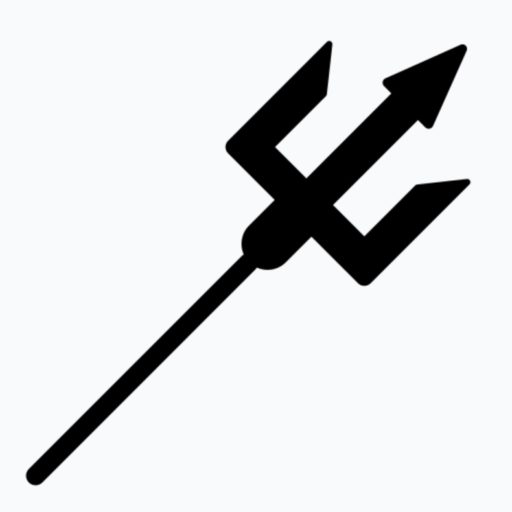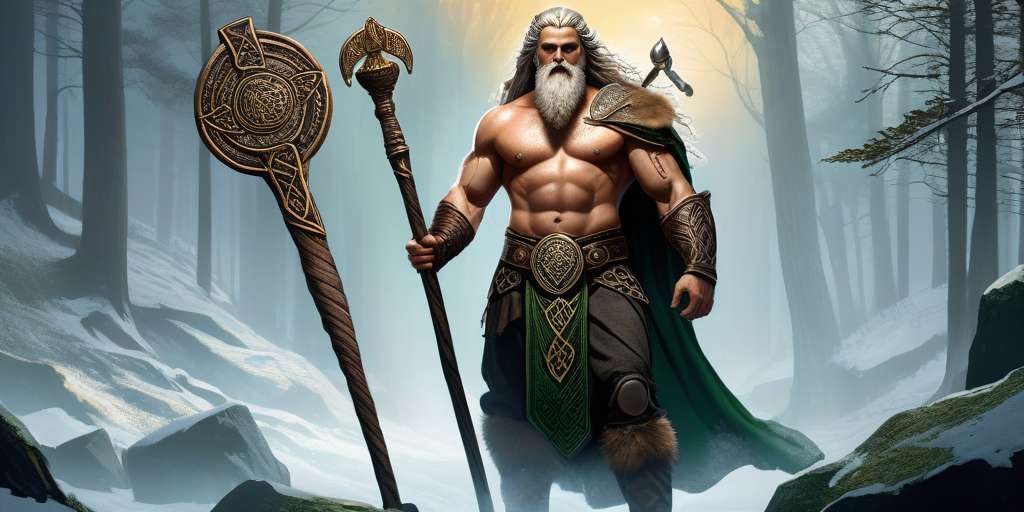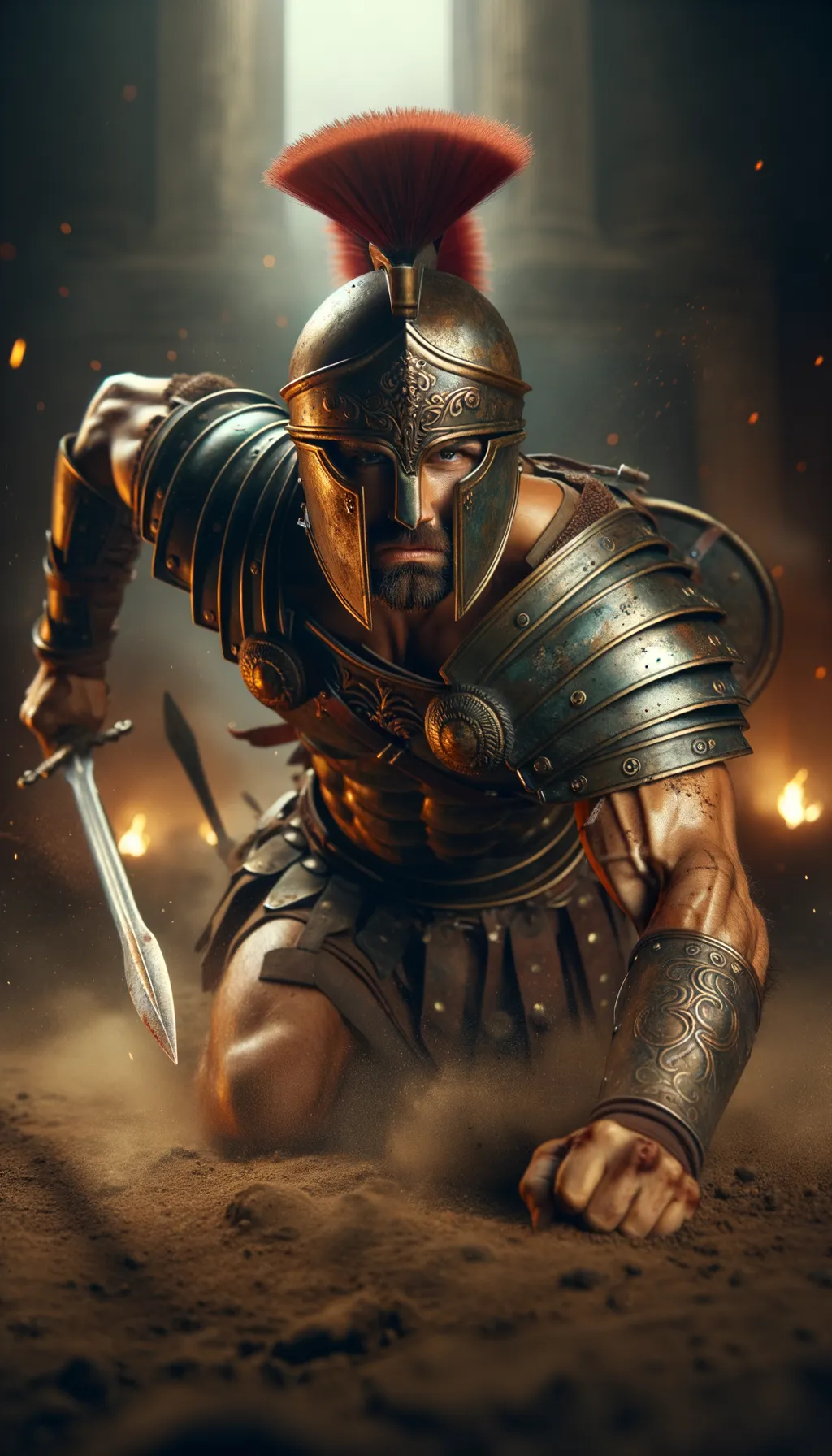Dagda is a powerful god in Irish Celtic mythology.
He is part of the Tuatha Dé Danann, the gods of Ireland.
He possesses an imposing figure and is renowned for his wisdom and strength.
Dagda participated in battles and had love affairs with other gods.
All this, we will see below.
The figure of Dagda in Irish Celtic Mythology
In the world of Irish Celtic mythology, we find Dagda, also known as An Dagda.
He was considered the Celtic father god and played a prominent role in the history of the Tuatha Dé Danann.
Tuatha Dé Danann: the Celtic gods of Ireland
The Tuatha Dé Danann are the Celtic gods of Ireland, and Dagda is a fundamental part of this divine pantheon.
These gods were revered by the people, as they were believed to have influence over the destiny of the land and its inhabitants.
The role of Dagda in the history of the Tuatha Dé Danann
Dagda, also known as the good god, played a crucial role in the history of the Tuatha Dé Danann.
As a wise and respected leader, he led his people in important battles and historical events.
His wisdom and strength made him a formidable opponent both on and off the battlefield.
Dagda’s powers and attributes
Dagda was known for possessing various magical items that highlighted his power.
Among them was a huge magical club capable of killing nine men with a single blow, as well as bringing the dead back to life.
In addition, he possessed an oak harp called Uaithne, with which he could control the order of the seasons and had magical effects.
He was also credited with a bottomless cauldron, capable of feeding all men on earth.
The history and battles of Dagda
The story of Dagda, the mighty god of Irish Celtic mythology, is full of exciting battles and intricate events that marked his path.
Below, we will explore some of the most outstanding episodes in Dagda’s life and his involvement in the history of the Tuatha Dé Danann.
The love affair with the goddess of war Morrigan
One of Dagda’s best-known stories is his love affair with Morrigan, the goddess of war. During Samhain, the Celtic end-of-summer festival, Dagda met Morrigan and together they had a passionate encounter.
It is said that this love affair was the result of an agreement in which Morrigan promised to provide her with a battle plan to face the dreaded Phomoreans in the second battle of Magh Tuireadh.
The union of Dagda and Morrigan symbolized the combination of wisdom and strength in the struggle for victory.
The loss and recovery of the magic harp
One of Dagda’s most precious objects was his magic harp, called Uaithne.
During a battle against his enemies, the harp was stolen and taken to the enemy camp.
Dagda could not lose it, as this harp was a source of power and control for him.
Determined to get it back, he embarked on a dangerous mission together with Ogma and Lugh.
Using their magical skills, they performed three magical melodies on the harp, allowing them to escape from the enemy cave and retrieve the precious instrument.
This story highlights Dagda’s determination and ability to overcome challenges and recover what belongs to her.
The retreat of Dagda and the Tuatha Dé Danann
After the defeat of the Tuatha Dé Danann by the sons of Milesius, Dagda and his people were forced to retreat to the underworld.
There, Dagda built magnificent palaces for his people and ensured their protection in a safe environment.
This retreat symbolized sadness and the end of an era for the Tuatha Dé Danann, but it was also an opportunity to find refuge and preserve their sacred traditions.
Dagda, as a leader, took it upon himself to ensure the safety and well-being of his people even in difficult times.
The paternity of important mythical beings
Dagda not only plays a pivotal role as a leader and god of his people, but is also recognized as a father of several mythical beings of great significance in Irish Celtic mythology.
Among his children are Bodb Dearg, Cermait, Midir, Áine, Angus and Brigit, who, like their father, figure prominently in numerous stories and legends.
The village of Dagda in Latvia and mentions in other contexts.
We cannot overlook the existence of a locality called Dagda, located in the east of Latvia, near the border with Belarus.
This village, which serves as the administrative center of the municipality of Dagda, carries with it a particular mention of the figure of the god Dagda in its name.
It is interesting to note how the influence of Celtic mythology extends beyond the borders of Ireland and leaves its mark on the cultural landscape elsewhere.
Dagda can be in your home.
Just take this figurine of the Celtic deity of the King of Tuatha of Danann.
Subscribe
If you want to receive in your mailbox stories, curiosities and legends of the most fascinating creatures of classical mythology just fill in this form.
Continue reading
If you liked this article, you like mythology.
And in this case, we have much more to offer you.
Discover new adventures, heroes, nymphs, gods, battles, teachings…
Just click on the button.
mitologiaclasica.com is a website dedicated to explore and spread the fascinating richness of mythology, offering a vast compendium of stories, characters and legends.
Explore
Greek Mythology
Roman Mythology
Norse Mythology
Egyptian Mythology
Hindu Mythology
Chinese Mythology
Japanese Mythology
Celtic Mythology
Privacy Policy
Privacy Policy
Copyright mitologiaclasica.com


